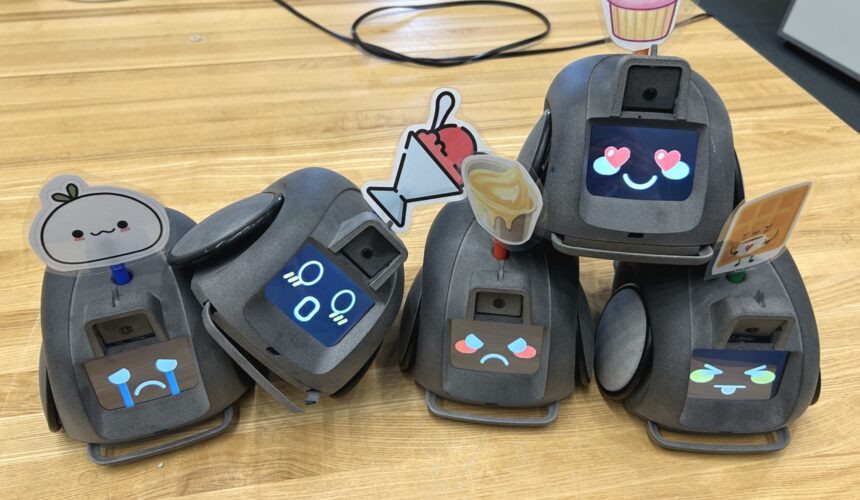Project Overview
The Doodlebot, developed by MIT’s Personal Robots research group, is an innovative educational robot designed to introduce children to computational thinking and artificial intelligence. Utilizing intuitive block-based programming tools, students can program Doodlebot to perform tasks such as facial and object recognition, and subsequently use these vision models to inform the robot’s decision-making processes. A key distinction of Doodlebot lies in its seamless integration of art with STEM education. By enabling students to program the robot to draw, dance, and express emotions, it demonstrates that programming can be a powerful medium for artistic expression. This unique approach fosters a deeper emotional connection between children and the robot, evidenced by the genuine attachment observed in pilot test participants. Ultimately, the Doodlebot project aims to empower students to not only acquire essential coding skills but also to cultivate their own distinct robot personalities, thereby bridging the realms of technology and creative self-expression.
Related Publications
- Doodlebot: An Educational Robot for Creativity and AI Literacy
Randi Williams, Safinah Ali, Raúl Alcantara, Tasneem Burghleh, Sharifa Alghowinem, Cynthia Breazeal, et al. – 2024
Doodlebot is an effective tool for exploring AI with grade school (K-12) students, promoting their understanding of AI concepts such as perception, representation, reasoning and generation.
